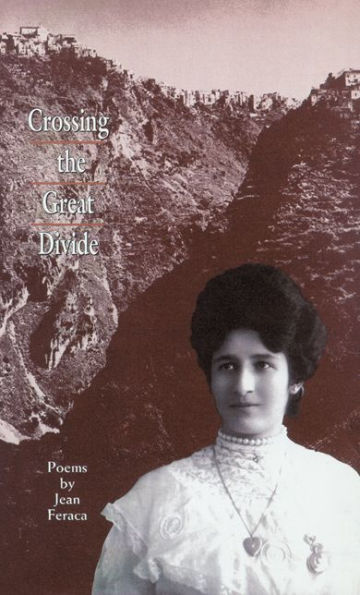Home
Postanalytic and Metacontinental: Crossing Philosophical Divides
Barnes and Noble
Postanalytic and Metacontinental: Crossing Philosophical Divides
Current price: $200.00


Barnes and Noble
Postanalytic and Metacontinental: Crossing Philosophical Divides
Current price: $200.00
Size: Hardcover
Loading Inventory...
*Product information may vary - to confirm product availability, pricing, shipping and return information please contact Barnes and Noble
Analytic and Continental philosophy have become increasingly specialised and differentiated fields of endeavour. This important collection of essays details some of the more significant methodological and philosophical differences that have separated the two traditions, as well as examining the manner in which received understandings of the divide are being challenged by certain thinkers whose work might best be described as post-analytic and meta-continental.
Together these essays offer a well-defined sense of the field, of its once dominant distinctions and of some of the most productive new areas generating influential ideas and controversy. In an attempt to get to the bottom of precisely what it is that separates the analytic and continental traditions, the essays in this volume compare and contrast them on certain issues, including truth, time and subjectivity. The book engages with a range of key thinkers from phenomenology, post-structuralism, analytic philosophy and post-analytic philosophy, examines the strengths and weaknesses of each tradition, and ultimately encourages enhanced understanding, dialogue and even rapprochement between these sometimes antagonistic adversaries.
Together these essays offer a well-defined sense of the field, of its once dominant distinctions and of some of the most productive new areas generating influential ideas and controversy. In an attempt to get to the bottom of precisely what it is that separates the analytic and continental traditions, the essays in this volume compare and contrast them on certain issues, including truth, time and subjectivity. The book engages with a range of key thinkers from phenomenology, post-structuralism, analytic philosophy and post-analytic philosophy, examines the strengths and weaknesses of each tradition, and ultimately encourages enhanced understanding, dialogue and even rapprochement between these sometimes antagonistic adversaries.


















